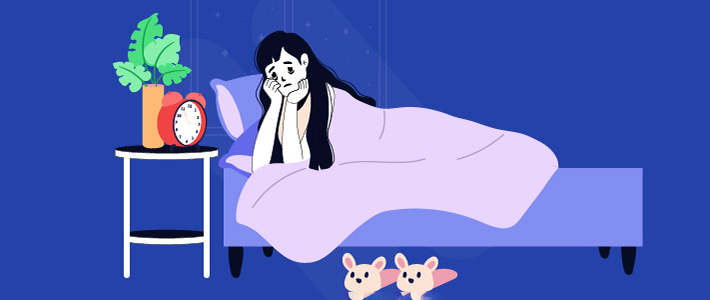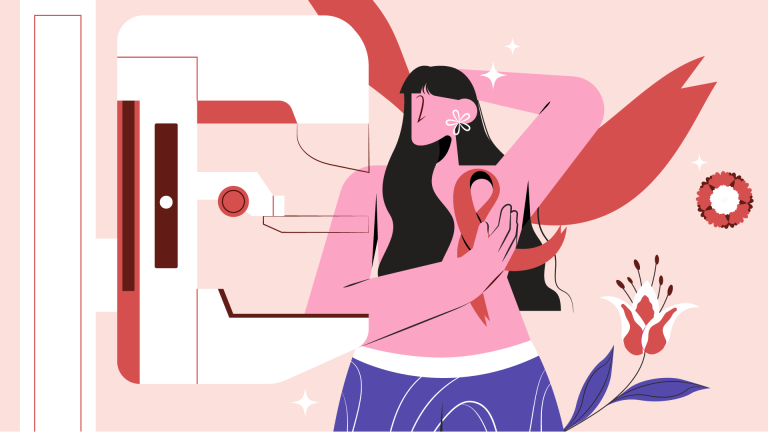What Is Insomnia and How Does It Affect You?
It’s a common sleep problem that makes it difficult to fall asleep, stay asleep, or cause you to wake up too early and be unable to sleep again. When you wake up, you can still be exhausted. Insomnia can deplete your energy and attitude, as well as your health, work performance, and overall quality of life.
Symptoms
Symptoms of insomnia include:
- Having trouble falling asleep at night
- Getting up in the middle of the night
- Getting out of bed too early
- After a night’s sleep, you don’t feel refreshed
- Tiredness or drowsiness during the day
- Anxiety, depression, or irritability
- Difficulty paying attention, concentrating on activities, or recalling information
- A rise in errors or indolence
Causes
- Stress. Work, school, health, finances, or family concerns might keep your mind occupied at night, making sleeping difficult. Insomnia can also be caused by stressful life events or trauma, such as the death or illness of a loved one, divorce, or the loss of a job.
- Work or travel schedule. Circadian rhythms serve as an internal clock that regulates your sleep-wake cycle, metabolism, and body temperature. Insomnia can be caused by disrupting your body’s circadian rhythms.
- A lack of sleep. An erratic bedtime routine, naps, stimulating activities before bed, an uncomfortable sleep environment, and utilizing your bed for work, eating, or watching TV are all examples of poor sleep habits.
- Eating late at night. It’s fine to have a modest snack before night, but eating too much can make you physically uncomfortable when you’re lying down. Heartburn, or a backflow of acid and food from the stomach into the esophagus after eating, is common and can keep you awake.
Prevention
- Maintain a particular bedtime and wake-up time throughout the week, including weekends.
- Stay active – frequent exercise promotes a restful night’s sleep.
- Examine your meds to see whether they could be causing your insomnia.
- Don’t use nicotine and avoid or restrict caffeine and alcohol.
- Limit your intake of substantial meals and beverages before going to bed.
- Create a relaxing atmosphere in your bedroom.






